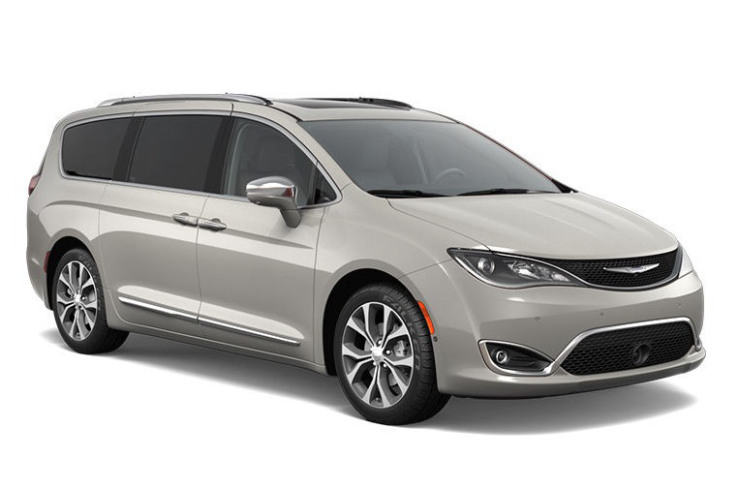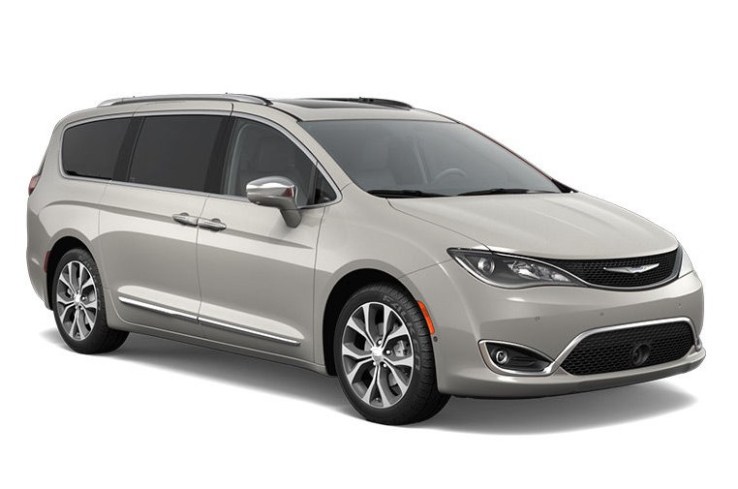

There’s a lot to like about Google’s own self-driving cars, but if you’ve got kids, you’d need a fleet just to get them to the soccer game and back. That, presumably, is why the Google initiative’s first direct collaboration with an automaker will automate a nice, roomy new Pacifica minivan.
Not only is the mileage great (it’s a hybrid) but there’s space for the whole family! But more importantly for Google, it’s a very different type of vehicle from what the project has tested thus far, although the Lexus SUVs used early on were fairly traditional.
“The minivan design also gives us an opportunity to test a larger vehicle that could be easier for passengers to enter and exit, particularly with features like hands-free sliding door,” read a post at the project’s Google+ page.
So while point-to-point travel for individuals is certainly on the table for future Google autonomous vehicles, the company is clearly looking into broader applications that require a different approach.
Self-driving cars could be incredibly useful for disabled or aged people, for instance, but the question of accessibility — wheelchair accommodation, an interface for the seeing-impaired, etc. — immediately appears. A big platform like the Pacifica is a more realistic test bed for exploring such considerations.
Around 100 vehicles will be specially prepared by Fiat Chrysler Automobiles to work with Google’s sensor suite. For the present, they’ll be limited to testing on the company’s California test track.

